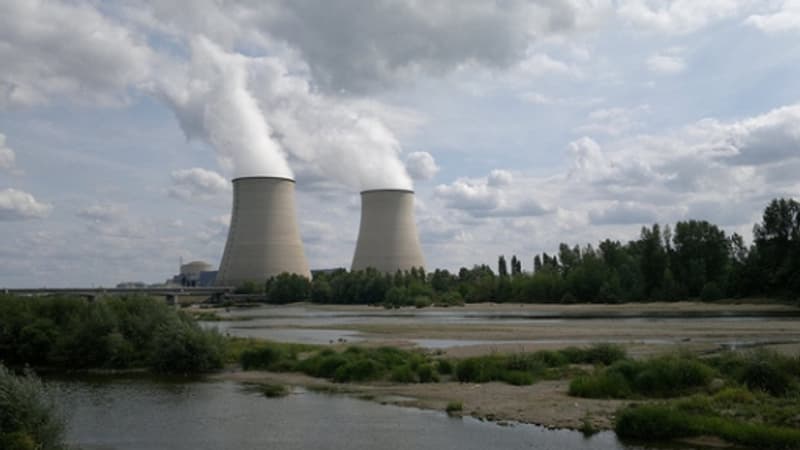Two other nuclear reactors will ultimately not be able to restart before the end of this winter, and another six will have to be shut down in 2023 for repairs related to corrosion problems, we learned in recent days from EDF. EDF announced in a news note published on its site on Friday that it had decided to systematically replace the pipes in the category of reactors most exposed to these corrosion risks, with emergency pipes used to cool the reactor in an emergency.
These reactors must remain closed while the work lasts. Regarding these six 1,300 megawatt (MW) reactors, “as we are almost certain to find things (traces of corrosion, editor’s note), we go directly to work,” an EDF spokesman told AFP on Monday.
16 reactors closed last Friday
The winter of 2022/2023 was already the hardest in terms of electricity supply, with a nuclear park affected by numerous maintenance operations but also affected by these corrosion phenomena discovered or suspected in an increasing number of plants. Never before has EDF produced so little nuclear electricity in its history, forcing France to import record volumes of electricity from neighboring countries.
On Friday, 40 of France’s 56 nuclear reactors were in operation. Following the new repair announcements, the Golfech 1 (Tarn-et-Garonne) and Penly 2 (Seine-Maritime) reactors will only be able to restart on June 11, when they were due to return to service on February 18 and January 29, respectively. , which would have covered the end of winter. EDF had already announced two other delays on Friday, notably the return to service of Penly 1 on March 20, two months later than planned, for the same reason: the preventive replacement of a part of the pipeline threatened with cracks.
office repairs
“Analyses carried out for more than a year have allowed EDF to identify the reactors whose safety injection circuit lines are the most sensitive to the development of the stress corrosion phenomenon” (SCC), indicates EDF in its informative note: “these are the 16 most recent reactors.”
Four “level N4” reactors are Civaux 1 and 2, where work has been completed, and Chooz 1 and 2, where work is ongoing. EDF decided to carry out “preventive” repairs, without even going through the examination stage, which implies a 160-day closure, the spokesman told AFP.
Of these twelve reactors, one has already been repaired and the other five are in operation. Il en restera donc six à réparer d’office au cours de l’année 2023 (Belleville 1, Belleville 2, Cattenom 2, Golfech 2, Nogent 1, Nogent 2), alors qu’EDF y prévoyait jusqu’à présent seulement des contrôles at first.
According to the spokesman, so far there will be no “lower than expected” global production, and the smaller 900 MW reactors, the bulk of the fleet, will ultimately be “probably less affected” by this problem. But the schedules announced by EDF for the restart of its reactors have continued to experience delays in 2022, which portends a still difficult winter 2023/2024. In the immediate future, the manager of the high voltage lines, RTE, will update this Tuesday its forecasts for this winter, specifically for the month of January, where the risk of tensions had been considered high during the previous point, on November 18. . .
Source: BFM TV


